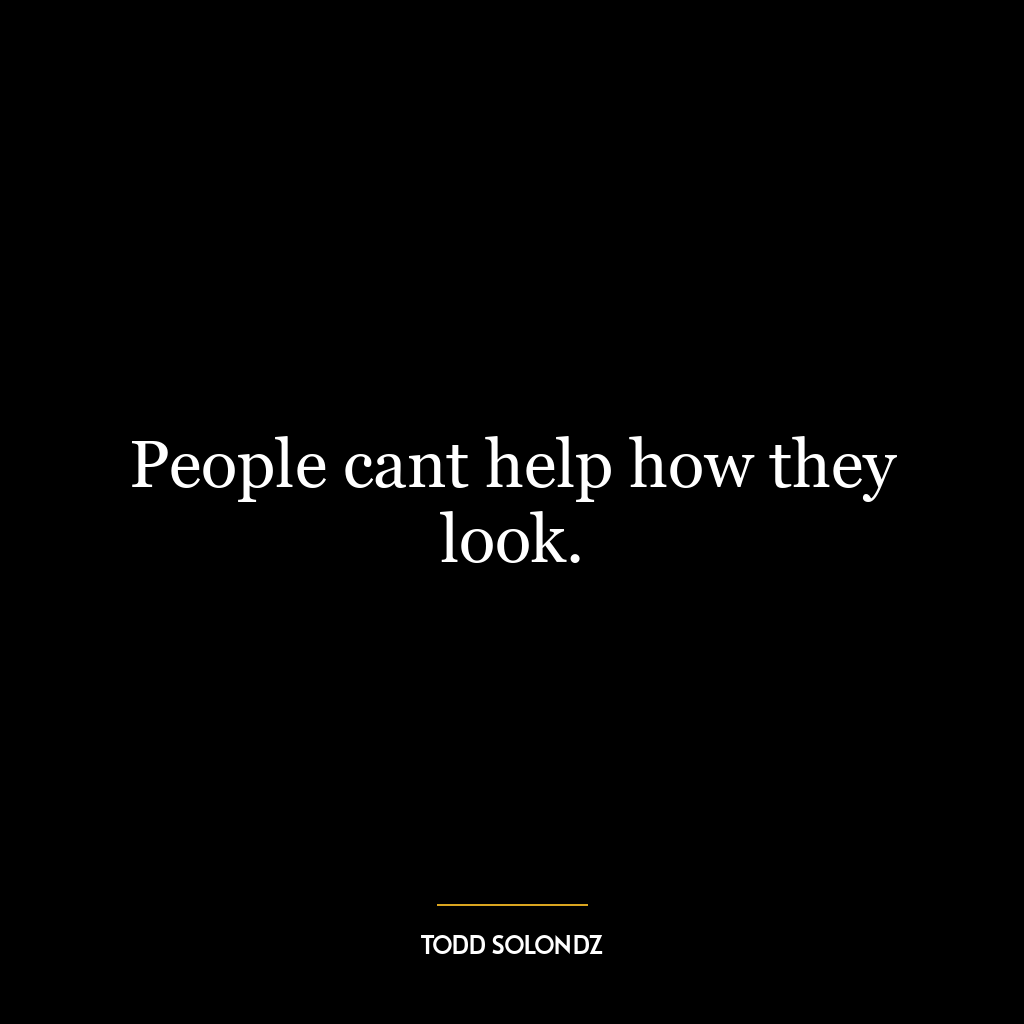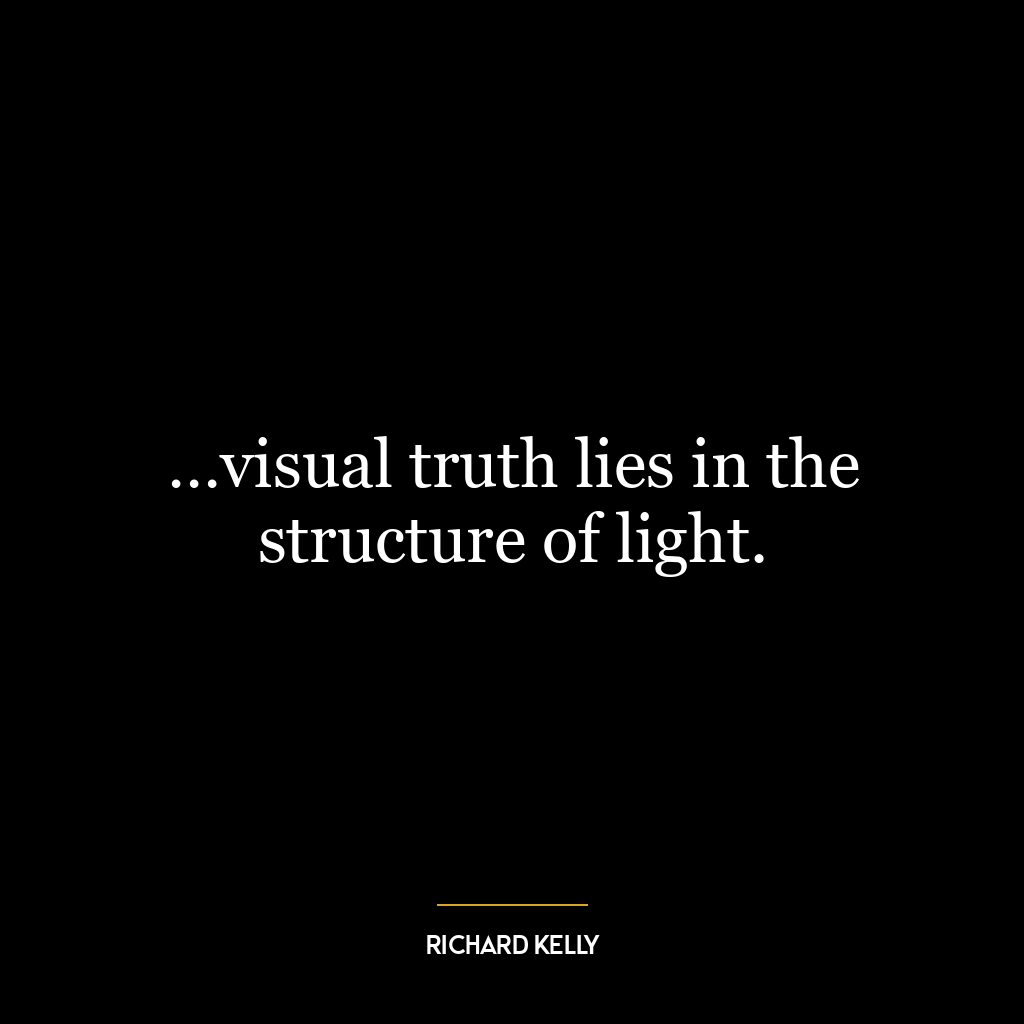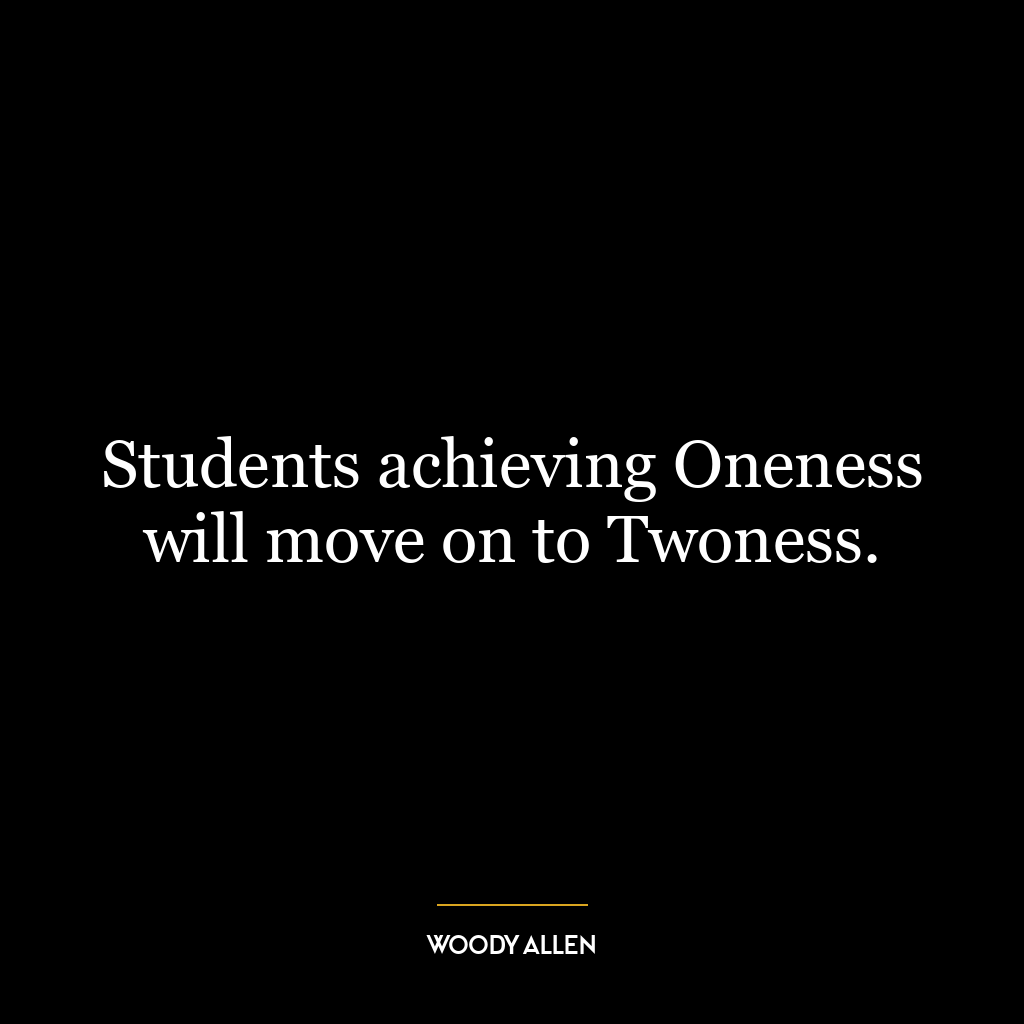Jean Renoir Quotes
- Filmmaker
- France
- 1894
Jean Renoir (1894-1979) was a French film director, screenwriter, and actor. He is considered one of the greatest filmmakers of all time and is often referred to as the “Father of French Cinema”. Renoir’s notable works include the classic films La Grande Illusion (1937), The Rules…Read More
Jean Renoir (1894-1979) was a French film director, screenwriter, and actor. He is considered one of the greatest filmmakers of all time and is often referred to as the “Father of French Cinema”. Renoir’s notable works include the classic films La Grande Illusion (1937), The Rules of the Game (1939), and The River (1951). He was known for his humanistic approach to filmmaking, often focusing on the struggles of the working class and the effects of war. Renoir was the son of the Impressionist painter Pierre-Auguste Renoir and was nominated for an Academy Award for Best Director for The Grand Illusion. He was also awarded the Legion of Honor in 1946.Read Less
Jean Renoir (1894-1979) was a French film director, screenwriter, and actor. He is considered one of the greatest filmmakers of all time and is often referred to as the “Father of French Cinema”. Renoir’s notable works include the classic films La Grande Illusion (1937), The Rules of the Game (1939), and The River (1951). He was known for his humanistic approach to filmmaking, often focusing on the struggles of the working class and the effects of war. Renoir was the son of the Impressionist painter Pierre-Auguste Renoir and was nominated for an Academy Award for Best Director for The Grand Illusion. He was also awarded the Legion of Honor in 1946.
9 Insightful Jean Renoir Quotes
Jean Renoir Career Highlights
- Renoir’s career began in the 1920s when he worked as an assistant director to his father on the film “La Fille de l’eau” (The Girl by the Water). He then went on to direct his first film, “Catherine” in 1924.
- In the 1930s, Renoir gained international recognition for his films “La Chienne” (The Bitch) and “Boudu Saved from Drowning.” He also directed the anti-war film “La Grande Illusion,” which is considered one of the greatest films of all time.
- In the 1940s, Renoir moved to the United States and directed several successful films, including “The Southerner” and “The Diary of a Chambermaid.”
- In the 1950s, Renoir returned to France and made some of his most acclaimed films, such as “The Golden Coach” and “French Cancan.”
- Renoir’s final film, “Le Petit Théâtre de Jean Renoir” (The Little Theater of Jean Renoir), was released in 1970, just a year before his death.
Key Contributions by Jean Renoir
- Renoir’s films were known for their humanistic approach and exploration of social and political issues. He often used his films to criticize the class system and the injustices of society.
- He was a pioneer of the French poetic realism movement, which focused on portraying the struggles of working-class people in a realistic and empathetic manner.
- Renoir was also known for his innovative use of camera techniques, such as deep focus and long takes, which gave his films a natural and fluid feel.
- He was a master of storytelling and had a unique ability to blend comedy and drama in his films, creating a perfect balance between entertainment and social commentary.
What Sets Jean Renoir Apart
- Renoir’s films were not only visually stunning but also had a strong emotional impact on the audience. He had a deep understanding of human nature and was able to capture the complexities of human relationships in his films.
- He was a versatile filmmaker who was able to work in different genres, from drama to comedy to war films, and excel in each one of them.
- Renoir’s films were ahead of their time and continue to inspire filmmakers to this day. His use of natural lighting and location shooting techniques were groundbreaking and influenced many filmmakers, including the legendary director, Orson Welles.
Takeaways
- Jean Renoir’s career is a testament to the power of storytelling and the impact that cinema can have on society.
- His films are a must-watch for anyone interested in the art of filmmaking and the history of cinema.
- Renoir’s humanistic approach to filmmaking and his ability to create thought-provoking and emotionally resonant stories make him a true master of the craft.







